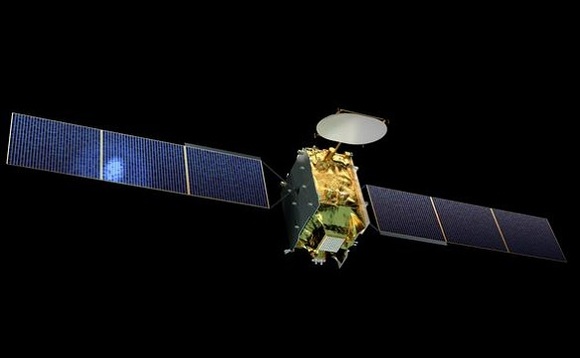
Quantum satellite will be capable of being completely reprogrammed in orbit. Image: Airbus
The UK scientists have completed their part in the construction of the novel Quantum satellite, which is claimed will be the first fully reprogrammable, ‘software-defined’ spacecraft.
This communications satellite has been commissioned by Eutelsat and is being built by Airbus and its subsidiary Surrey Satellite Technology (SSTL) in Portsmouth and Guildford, UK.
Airbus has created the adaptable telecom payload for the satellite, while SSTL built the chassis for the 3.5-tonne satellite.
The final assembly and testing of the satellite will be completed in Toulouse, France. Quantum is expected to be launched into space some time at the end of the year. It will operate in a geostationary orbit, about 36,000 kilometres above the surface of the Earth.
The telecommunications satellites that sit in the geostationary orbit are used to run broadband, phone calls, television, and other data services around the globe. Traditionally, these satellites are programmed on the ground to carry out specific tasks, but can’t be modified after launch.
The Quantum satellite will be different. It will be capable of being completely reprogrammed in orbit to adapt to emerging demands in bandwidth, frequency, power and coverage.
Depending on the changing market conditions, the satellite will be able to adjust its orbital position. It will even be able to split a coverage area into smaller units and also generate varied and dynamic frequencies.
Such a novel technology is expected to bring greater agility and flexibility to customers in the government and private sector.
“It will bring unprecedented flexibility to our customers, allowing for in-orbit payload re-configuration and taking customisation to a new level,” said Yohann Leroy, the Deputy CEO and CTO at Eutelsat. It would, he went on to suggest, change the way in which satellites are manufactured.
The development of the key technologies integrated into Quantum satellite has been supported by the European Space Agency and the UK Space Agency.
“Having assets in space that are flexible and can meet changing needs is absolutely essential, and that has underpinned the UK Space Agency’s investment strategy in telecoms over the last few years,” said Catherine Mealing-Jones, the director of growth at the UK Space Agency.
An agreement for the construction of the Quantum satellite was signed on 9 July 2015 by Eutelsat, Airbus, and the European Space agency.
